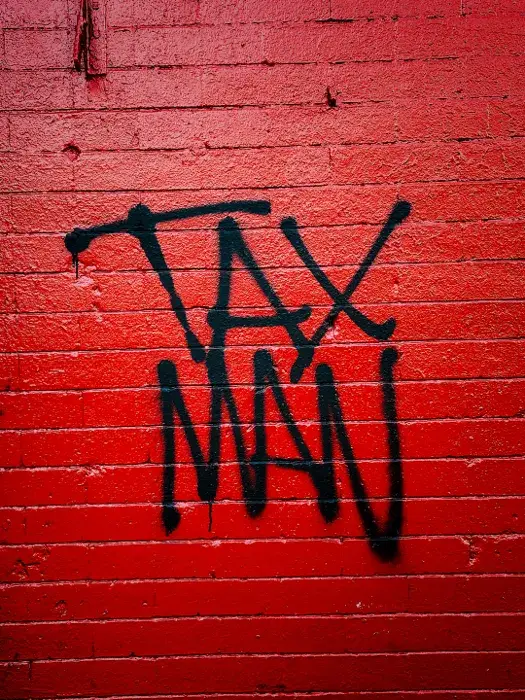No one wants to pay anymore than they absolutely have to in taxes. The good news is that there are some IRS rules that you can take advantage of that make investing in real estate one of the best investments you can possibly make and if done right you won’t have to share much of your profits with the government.
No one wants to pay any more than they absolutely have to in taxes. The good news is that there are some IRS rules that are available for you to take advantage of that can make investing in real estate. What is the best investment you could possibly make? If these are done right you won’t have to share any of your profits with the government.
REET
Washington State imposes an excise tax on the sale of real estate, also known as the real estate excise tax (REET). This tax is based on the selling price of the property and is paid by the seller at the time of the sale. The rate of the tax varies depending on the location of the property and the selling price.
In most counties, the REET rate is 1.78% of the selling price. However, some counties, such as King County, have a higher REET rate. In Island County, the REET rate is:
- 60% on the first $525,000 of the selling price.
- 78% on sales amounts between $525,000 – $1,525,000.
- 25% on sales amounts between $1,525,000 – $3,025,000
- 5% on the sales amount over $3,025,000
The REET is calculated based on the “real estate excise tax affidavit” that is filed with the county where the property is located. This affidavit must be completed and signed by the seller and submitted to the county along with the payment of the REET.
It is important for both buyers and sellers to be aware of the REET when buying or selling real estate in Washington state. The REET can be a significant expense, especially for high-value properties, and can impact the net proceeds of the sale. It is recommended to work with a real estate professional or tax advisor to understand the implications of the REET on a real estate transaction.
There is an REET exception for Agricultural Land Use. WA DOR
Capital Gains Tax
When you sell your primary home, you may be subject to capital gains tax on any profit you make from the sale. However, in most cases, you can exclude up to $250,000 of this gain if you are a single filer or up to $500,000 if you are married and filing jointly.
To qualify for this exclusion, you must meet certain criteria. First, you must have owned and used the property as your primary residence for at least two of the five years leading up to the sale. Second, you must not have used the exclusion on another home sale within the past two years.
If you meet these criteria, you may be able to exclude some or all of your capital gains from the sale of your primary home from your taxable income. However, if you do not meet these criteria or if your gain exceeds the exclusion amount, you may need to pay capital gains tax on the excess amount.
There may also be other taxes and fees associated with the sale of real estate, such as transfer taxes or recording fees. These vary depending on your location and other factors, so it is important to consult with a tax professional or real estate expert for more information.
IRS Publication 523 – https://www.irs.gov/publications/p523
Capital Gains Tax Calculator – https://smartasset.com/investing/capital-gains-tax-calculator
1031 Exchange
The 1031 exchange, also known as a like-kind exchange, is a tax-deferred transaction that allows real estate investors to sell one property and purchase another without paying capital gains taxes on the sale. This exchange is authorized by Section 1031 of the Internal Revenue Code.
In a 1031 exchange, the investor must identify a “like-kind” property to purchase within 45 days of the sale of the original property and complete the purchase within 180 days. The term “like-kind” refers to the nature or character of the properties being exchanged, rather than their quality or value.
The main benefit of a 1031 exchange is that it enables investors to defer paying capital gains taxes on the sale of their property, which can be a significant expense. Instead of paying taxes, the investor can reinvest the proceeds from the sale into a new property, which can help to build wealth over time.
There are several rules and requirements that must be followed in order to qualify for a 1031 exchange. For example, the properties must be held for investment or business purposes, and there are strict timelines for identifying and completing the purchase of the replacement property.
Overall, a 1031 exchange can be a powerful tool for real estate investors looking to defer taxes and build wealth through the acquisition of new properties. It is recommended to work with a qualified tax advisor or real estate professional to ensure that all requirements are met and to maximize the benefits of the exchange.


